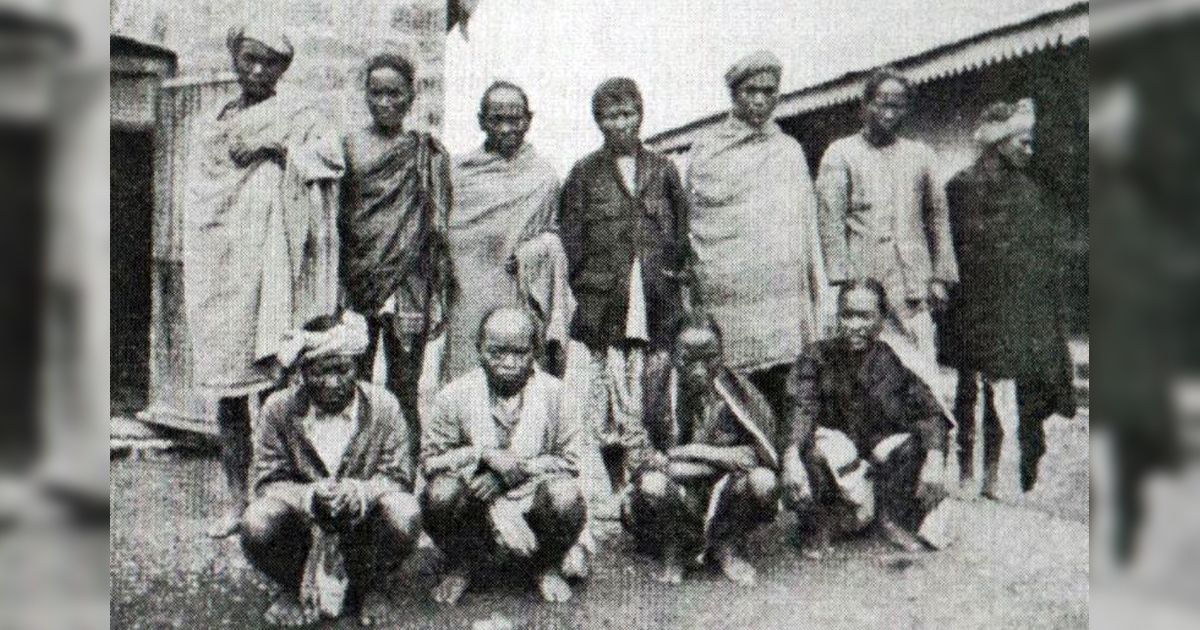
For those who have been constantly following the news of the violence in Manipur, it does not require much effort to notice that the plots, lies, and frames, culminating in ethnic cleansing of the Kukis is a resemblance of the consolidation of Nazi power and cruelty. Fake news instigated a Meitei mob to carry out an assault on innocent women. It took a viral video clip to awaken the world to the atrocities in Manipur. Until then the cacophony of suffering and cries remained concealed under the facade of normalcy represented by state-controlled media. These fabrications and bureaucratic documents chronicling the events of the past four months could have been archived as official memory had it not been for the intervention of fact finding teams from different organisations including the recent EGI report. May 3 was not the beginning of the abnormalities even though most of the discourses on popular media remain fixated on the spectacle nature of the violence. The same mechanism of false consciousness has been at play for years where misinformed masses were made to believe that the Kuki are ‘Refugee.’ Such allegations have been orchestrated by the people in power as they selfishly gain popularity and sustain their rule over the misinformed masses unified in their normalization of hate and othering.
The '60s' has become much resonant in national and international media as Manipuri activists and intellectuals described the influx of Kuki population to Manipur. Their outright denial and questions of the indigeneity of the Kukis has been deeply embedded in their knowledge of Manipur’s history. Manipur suffers from historical insensitivity where the prevailing symptoms can be found in statist interpretation of history that glorifies the memory and culture of the majoritarian community. And to make things much worse, those propagating false narratives took the pain of unearthing old archival documents and reports to normalize their hatred. One such archival document was the communication, dated June 6, 1968, between the Deputy Commissioner of Manipur, S.C. Vaish, and the Sub-Divisional Officer of Ukhrul, R.K Birendra where they discussed matters concerning the ‘re-settlement of Kuki refugee from Burma’. Decades later this letter resurfaced in social media platforms in the midst of rampant hate-speeches against the Kuki as foreigner. The manipulation of this letter is a glaring example of how archives are a power and tool of classification and mode of surveillance and control of citizens.
Scholars such as Jacques Derrida and Michel Foucault see archives as a hegemonic mechanism to impose the authority of the rulers. The clarification provided by the Kuki Research Forum, that these 'refugees' were homecoming Kukis who were once displaced from northern Manipur fell to deaf ear because people can be mobilised to selectively remember the past.
All seemed normal in Manipur as generations of learners acquiesced in the maneuver of the state education system where tribal memories and culture are relatively silenced. While official sites of memory like museums and monuments are meant to shape ethnic relations, the historical imagination of the politically dominant Meitei community has been unjustly favoured by the state. Therefore, the memory boom that took place with the Anglo-Kuki War Centenary Commemoration could only garner stiff opposition and counter-narrative that amount to censorship and violence. The state resorted to restrictions on history-writings and FIRs instead of applauding the works of scholars behind the publication of volumes of books. The burning of the Anglo-Kuki War Centenary Gate is a misdeed of miscreants that speaks of the intolerance and insecurity felt by the majoritarian community when the other’s indigeneity and history gains global recognition and reaffirmation.

Thingkho Le Malcha (TLM) is a traditional method of communication used to send out messages across the Kuki hills during the Anglo-Kuki War,1917-1919... more

If you would like to received a free softcopy of Thingkho le Malcha, you can follow our Whatsapp and Telegram by clicking the below links.
For any other media related you can contact us using below email